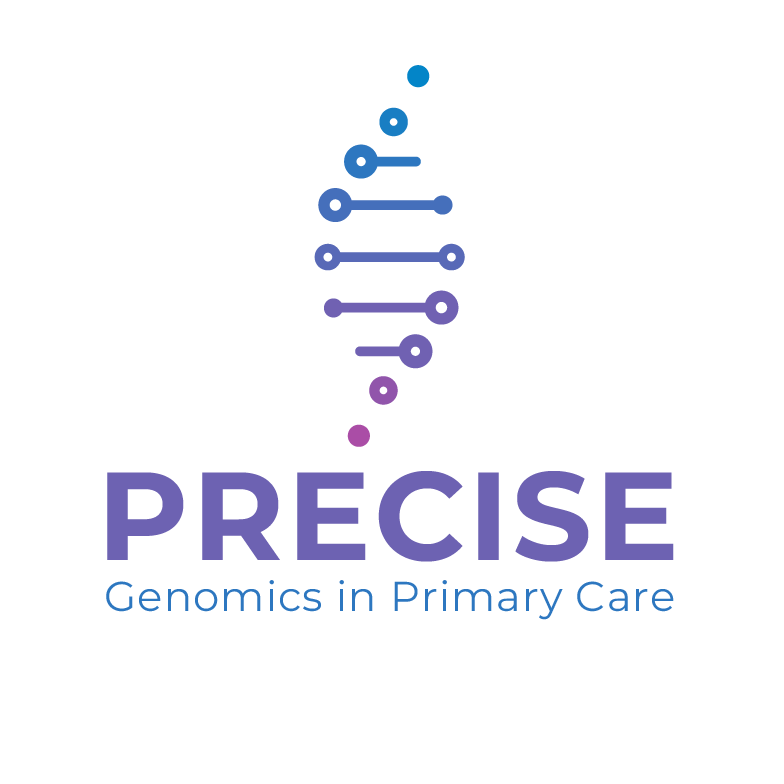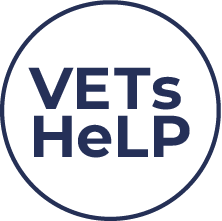Short notice accreditation assessments - friend or foe?
In the heart of an Australian city, nestled at the foot of the hills of a leafy suburb, stands a hospital that prides itself not just on its state-of-the-art facilities, but also on its unwavering commitment to patient care. It’s a typical morning, nurses bustling about, doctors deep in discussion, ancillary staff delivering goods, meals and patients where they need to go, and patients receiving the care they need. But amidst this routine, a significant event is about to unfold - an unexpected accreditation visit. This isn’t just any inspection, it’s a short notice hospital accreditation, a rigorous evaluation process that ensures hospitals in Australia meet the highest standards of care and safety.
The Role of Short Notice Accreditation
In Australia, hospital accreditation is a critical process, typically scheduled well in advance and conducted once every 3 years. However, short notice accreditation, introduced by the Australian Commission on Safety and Quality in Health Care (ACSQHC), serves as an essential tool for maintaining and enhancing healthcare quality. Unlike regular accreditations which are planned events, these occur with as little as 24 hours notice, ensuring hospitals maintain consistent standards rather than just peak performances during scheduled reviews.
Statistics and Data: The Impact of Accreditation
Data from the ACSQHC reveals that short notice accreditation has led to significant improvements in various aspects of patient care. For instance, a study found that compliance with national standards increased by 15% following the implementation of short notice accreditations and 10% improvement in patient satisfaction. These figures underscore the effectiveness of this approach in fostering an environment of continuous improvement and vigilance in healthcare settings.
Advantages for Patient Care
The benefits of short notice accreditation extend beyond mere compliance with standards. They translate into tangible improvements in patient care. For example, a report by the Australian Institute of Health and Welfare noted a 5% decrease in hospital-acquired complications in institutions that underwent unannounced accreditations. This decrease highlights the system's role in enhancing patient safety and care quality.
Challenges and Solutions
However, the journey isn't without challenges. Hospitals must be ever-ready, which can be resource-intensive. To address this, many hospitals have implemented continuous quality improvement programs. These initiatives ensure that standards are not just met for accreditation but are integrated into the daily fabric of hospital operations.
Organisations looking to be prepared for short notice accreditation, can optimise the delivery, quality and reportability of clinical education inline with the required standards, by implementing a high quality learning platform. A study by the Journal of Professional Nursing found that interactive learning platforms can increase compliance training efficiency by up to 40% (Journal of Professional Nursing, 2020). Platforms such as the Medcast LXP offer streamlined, up-to-date training modules that are crucial for rapid preparation. Additionally, a report by the American Heart Association highlighted that institutions using advanced resuscitation training platforms observed a 50% reduction in code blue incidents, underscoring the effectiveness of these tools in improving patient outcomes (AHA 2019).
The Future of Accreditation
Looking ahead, the landscape of hospital accreditation in Australia is poised for further evolution. The ACSQHC plans to integrate more patient-centric measures in its evaluation criteria, focusing on patient experience and engagement. This shift aligns with global healthcare trends that emphasise patient-centred care.
Friend or Foe?
The key advantage of short notice assessments is the focus on continual quality improvement and adherence to standards. Health professionals are committed to delivering high standards of care to patients and can be hampered by an organisational culture that doesn’t support this, often pressured to cut corners in order to meet targets and deadlines. With short notice assessments a higher rate of compliance with healthcare standards has been reported, and overall there is a positive impact on staff engagement and morale. A significant disadvantage of traditional accreditation assessments is the stress and workload associated with the extensive preparation required in addition to the penalties or need for rapid improvement processes associated with poor accreditation results.
As our story in the suburban hospital unfolds, it's clear that short notice accreditation isn't just a regulatory requirement; it's a testament to the hospital's dedication to excellence and patient care. It ensures that every day, not just during scheduled reviews, the hospital is a place where patients receive the best possible care. This commitment is supported by implementing effective systems for reporting, engaging education for learning, and responsive updates to causeware. across Australia, as hospitals embrace short notice accreditation as a vital tool in their quest to provide top-tier healthcare.
Are you ready for a short notice assessment? Do you have the systems in place to support the patient focused quality improvement approach of this change. If you need help integrating a robust and interactive educational platform to significantly mitigate the pressures of short-notice accreditation preparation please contact us.
Related Learning
Lunch and Learn: Revolutionise accreditation & clinical education course - enhance patient outcomes, clinician engagement and be ready for short notice accreditation with a transformative learning experience platform designed by industry leaders.
References
Australian Commission on Safety and Quality in Health Care (2023) Short Notice Assessment
Australian Institute of Health and Welfare (2023) Hospital Safety and Quality
Greif et al (2020) Education, implementation and Teams: 2020 International Consensus on Cardiopulmonary Resuscitation and Emergency Cardiovascular Care Science with Treatment Recommendations Circulation Vol 142 Issue 16_suppl_1
Hunt et al (2018) Improved Cardiopulmonary Resuscitation Performance with CODE ACES2: A resuscitation quality bundle Journal of the American Heart Association Vol 7 Issue 24
Vaona et al (2018) E-Learning for health professionals Cochrane Database Systematic Review

Susan is the Head of Nursing Education for the Medcast Group.
DipAppScNsg, BN, CritCareCert, CoronaryCareCert, TraumaNsgCareCert, CertIV(TAE), MN(Ed), and GradCert(Ldrshp & Mgt).
Become a member and get unlimited access to 100s of hours of premium education.
Learn moreGenetic testing in general practice: Dr. Alan Ma explains which tests GPs can order, when to refer, and how the PRECISE portal supports confident testing and referral decisions.
Lifestyle medicine prescribing requires a specific approach for veteran patients that incorporates service-informed prescribing principles. This blog discusses the importance of lifestyle prescribing in veteran care while providing practical tips for GPs when formulating an effective management strategy for those who have served.
MyMedicare is now part of routine general practice, with practical implications for billing, continuity of care, and practice systems. This FastTrack clarifies important points regarding eligibility, impacts on the GPCCMP billing, and how to avoid rejected claims. 30mins each RP and EA available.


